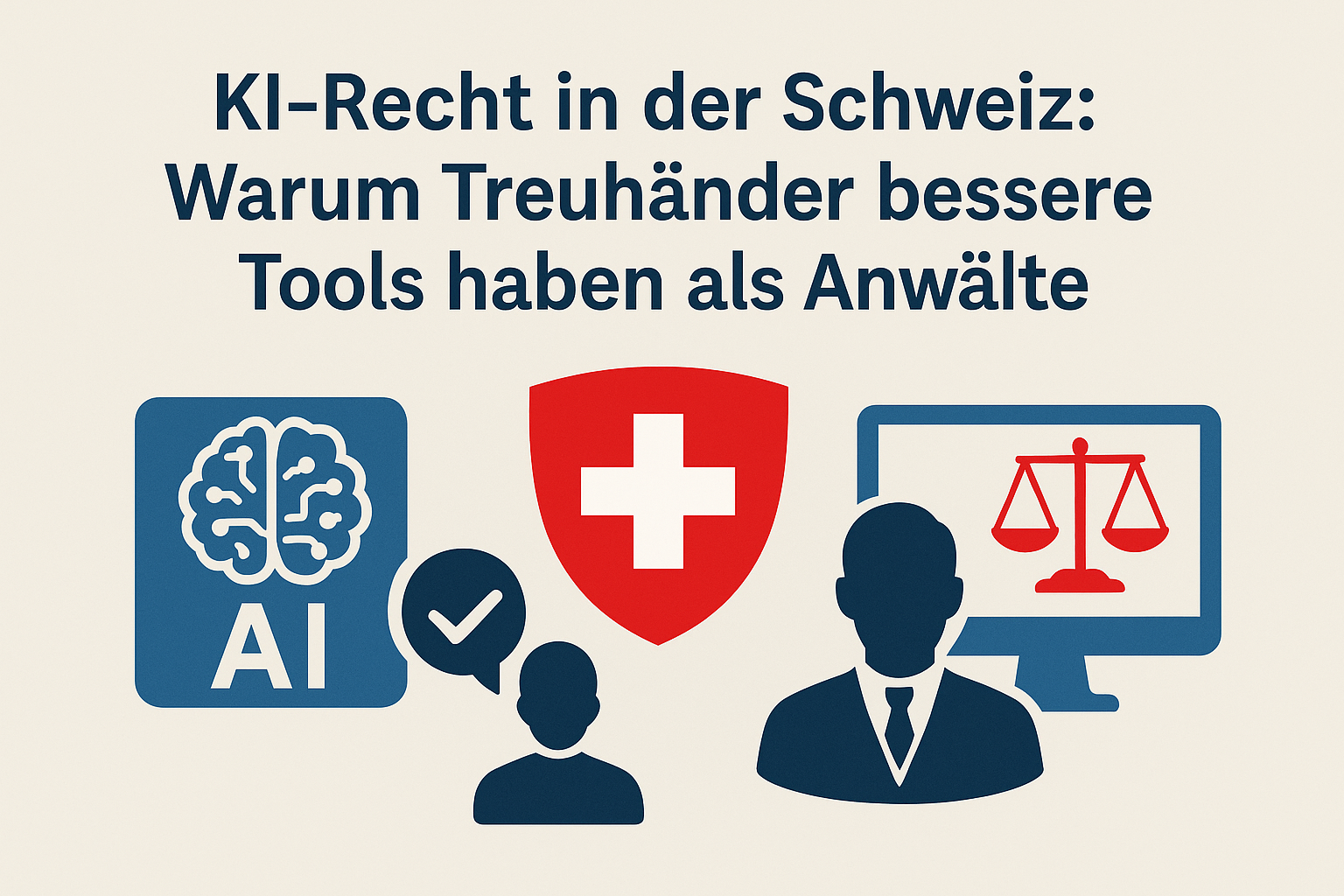The Strange Swiss AI Legal Landscape

Switzerland is currently experiencing a remarkable and somewhat contradictory development around AI-powered legal tools. A closer look reveals a tangle of open promises, hidden self-interests, and expensive but hardly useful solutions.
1. Open Source with Built-In Hallucinations
There are “open source” projects that, in reality, do nothing more than pass through standard LLMs without filters. The result: texts full of hallucinations – elegantly phrased, but legally worthless.
2. The “Open Source” Community with Side Interests
Particularly paradoxical: many of the loudest advocates of the open-source idea are at the same time employed in profit-oriented organizations or even hold functions in the judiciary. On the side, they make extra money offering courses on RAG techniques. There is little left of genuine non-profit spirit – instead, it looks more like career-building and side incomes are the real motivation.
3. Big Law Firms and Their Own Tools
Some large law firms also offer “open source” solutions. But suspicion arises that these are less about true progress and more about systematically collecting data and market intelligence.
4. Expensive GenAI Tools for Law Firms – Without Swiss Relevance
In addition, very costly generic AI solutions for international law firms are entering the market. They are not trained on Swiss law and therefore deliver hardly better results than the underlying base models. For Swiss SMEs or fiduciaries, they are practically useless.
5. Jurilo: More Accurate, Cheaper – and Used Even If No One Admits It
In this environment, Jurilo is making waves:
- The most affordable solution on the market
- Verified by leading Swiss law firms
- Trained specifically on Swiss Code of Obligations and labor law
- Highly valued by SMEs and fiduciaries
And: behind closed doors, even law firms use Jurilo – though they won’t admit it publicly.
6. The Irony of the Situation
What’s truly surprising: the best and most accurate tools are those made for non-lawyers. SMEs and fiduciaries today can access legally sound answers faster and cheaper than big law firms with their complex and overpriced systems.
This is causing a stir – and it sheds light on the self-interests of those loudly advocating for “open source” or exclusive law firm tools, while in reality pursuing very different agendas.
👉 Conclusion: The Swiss AI legal landscape is in flux. But it’s already clear: practical, verified tools like Jurilo are far ahead of the supposed industry leaders – not in theory, but in everyday practice.

